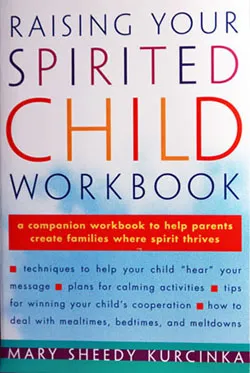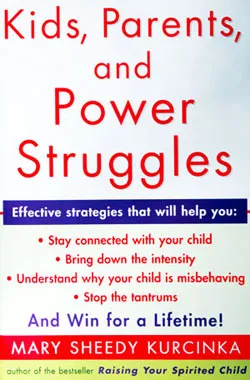What to Do When Your Child Whines

Why is this child, who is perfectly capable of forming words, suddenly resorting to torturing moans and groans? Something is up, but before you can unravel the feelings and needs fueling this irritating barrage of sound, you’ve got to calm your child. He’s in the yellow zone. What happens next either helps him return to the green zone of calm energy or tosses him over the cliff into the red zone and a meltdown.
Take a deep breath. Tell yourself, “Something is bothering him.” Then whisper to him, “Tell me in a whisper what you wanted to say.” Your child’s whine will transform into a whisper to match your own. A whisper never sounds like a whine. It also helps when you realize that children, especially three and four-year-old children, often whine because even though they are verbal they cannot yet express what they are feeling. Soon they will.
The key to reducing the frequency of whining is discovering the fuel source. Often, it’s fatigue. If you must wake your child or he’s falling apart late afternoons, he’s not getting enough sleep. That must be rectified to end the whining.
Another common culprit is stress. A new sibling, or a sibling who has begun to walk or talk may now be invading your child’s space and robbing him of your attention. Take extra steps to create moments of connection between the two of you, and when he’s playing protect him from the invading sibling.
You can also talk with your child. Later, when everyone is calm, go back for the teachable moment. Say to him, “I noticed you’ve been using a different voice lately. (He probably doesn’t even know what whining means.) That makes me think something is bothering you. What’s up?” Listen for understanding.
If he’s too young, or unable to tell you more simply teach him, “Next time you can say, ‘Help,’ and I will help you.”
Display All Posts
Search by Topic:
Popular Posts:
- When your child yells at you: Expecting and Coaching respectful behavior
- 5 Tips to Stop the 'Strike out Tantrums:' Hitting, Biting, Kicking and Name-calling
- Why is my child suddenly clingy?
- Ten Steps to a Peaceful Bedtime for Your Spirited Child
- When Your Child’s Meltdowns Might Ruin Vacation






